In recent years, the trend of importing cars from China to the Netherlands has gained significant momentum. This shift can be attributed to several factors, including the increasing quality of Chinese automotive manufacturing, competitive pricing, and a diverse range of vehicle options. Understanding the intricacies of the import process and the associated regulations is crucial for both individual buyers and businesses looking to tap into this burgeoning market. Navigating through customs clearance, compliance with EU standards, and shipping logistics are fundamental aspects that can significantly influence the overall success of your import venture.
Related Article : Shipping From China To Netherlands
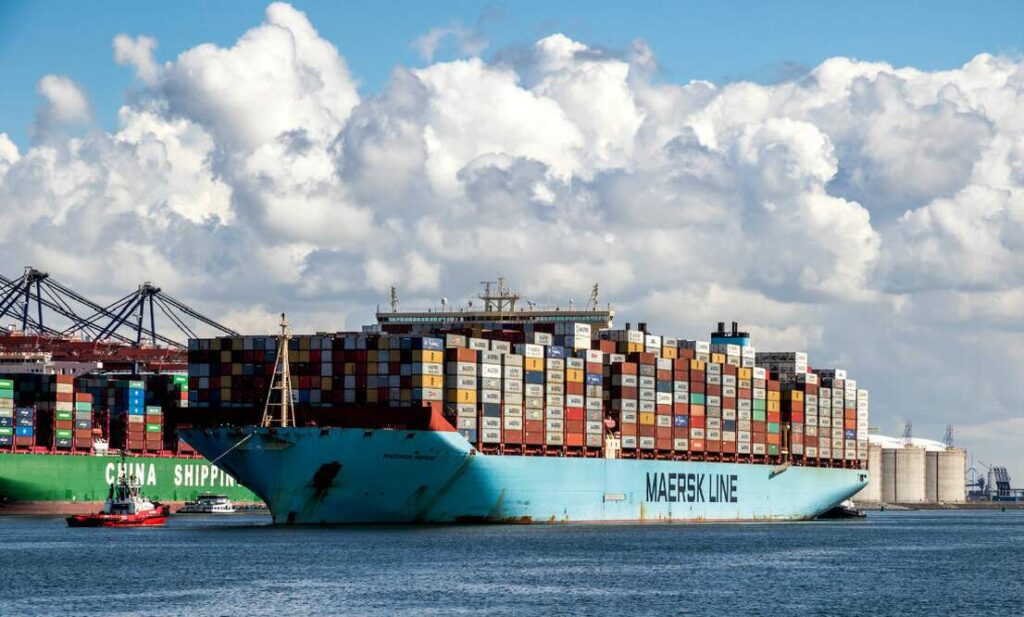
Why Import Cars from China?

Cost Advantages
One of the primary reasons for importing cars from China is the substantial cost advantages. Chinese manufacturers often offer competitive pricing due to lower production costs and economies of scale. For instance, cars manufactured in China can be significantly cheaper than their counterparts produced in Europe or the U.S., allowing consumers and businesses to acquire vehicles without breaking the bank. Additionally, when utilizing Ocean Freight services for transportation, the overall costs can be minimized further, leading to greater savings. Dantful International Logistics can assist you in securing the most cost-effective shipping options, ensuring a smooth import process.
Variety of Models Available
Another compelling reason to consider importing cars from China is the extensive variety of models available. Chinese car manufacturers have expanded their repertoire to include a wide range of vehicles, from compact cars to luxury sedans and SUVs. This diversity caters to various consumer preferences, making it easier for buyers in the Netherlands to find a model that suits their needs. Furthermore, many Chinese manufacturers now focus on quality and innovation, offering advanced features and designs that appeal to European consumers.
Emerging Electric Vehicle Market in China
China’s automotive industry is rapidly evolving, particularly in the electric vehicle (EV) sector. As the world’s largest market for electric vehicles, China has made significant strides in developing cutting-edge EV technologies. This presents a unique opportunity for Dutch consumers to import high-quality electric cars that may not yet be available in the European market. By importing these vehicles, buyers can take advantage of government incentives for EVs and contribute to sustainable transportation efforts. Dantful International Logistics is well-equipped to facilitate the import of electric vehicles, ensuring compliance with all regulations and standards.
Shipping Methods
When it comes to importing cars from China to the Netherlands, selecting the right shipping method is crucial for ensuring timely delivery and cost-effectiveness. The main shipping methods include Sea Freight, Air Freight, and Rail Freight.
Sea Freight (Most Common)
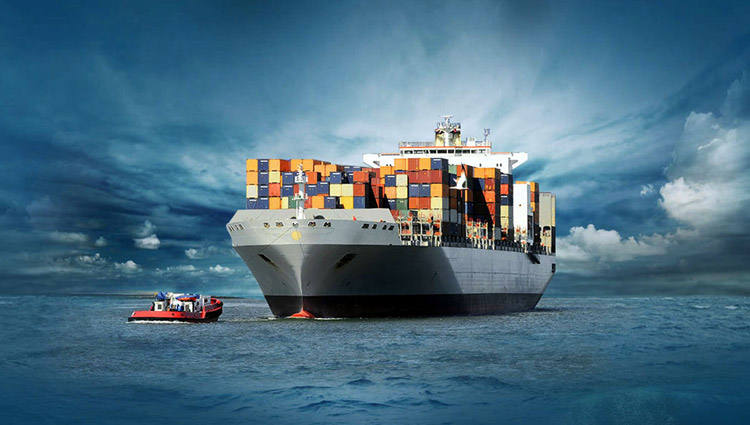
Sea freight is the most commonly used method for shipping cars due to its cost efficiency and capacity for large volumes. There are two primary types of sea freight options available for vehicle transport:
- Roll-on/Roll-off (RoRo) Shipping: This method allows vehicles to be driven directly onto the ship. RoRo vessels are designed specifically for transporting vehicles and provide a secure means of shipping. This method is ideal for cars that are operational and can significantly reduce loading and unloading times, leading to a quicker turnaround.
- Container Shipping: For more valuable or delicate vehicles, container shipping is a preferred choice. Cars are loaded into containers, which provide added protection during transit. This method is suitable for luxury cars that require extra care, as well as for shipping multiple vehicles in one container. Container shipping also offers the flexibility of transporting personal belongings alongside the vehicle.
Air Freight (For Luxury or Urgent Shipments)
While generally more expensive than sea freight, Air Freight is an excellent option for luxury or time-sensitive shipments. If you need to import a high-end vehicle quickly or have an urgent requirement, air freight can significantly reduce transit times, allowing your vehicle to arrive in a matter of days rather than weeks. However, it’s essential to consider the associated costs, as air freight typically comes with a premium price tag.
Rail Freight (China-Europe Express)
The Rail Freight option through the China-Europe Express has emerged as an efficient alternative to traditional shipping methods. This service combines the speed of air freight with the cost-effectiveness of sea freight. Rail freight offers a reliable and relatively quick way to transport vehicles overland, usually taking a couple of weeks to reach the Netherlands from China. This method is particularly advantageous for bulk shipments and can be a sustainable choice as it generates lower carbon emissions compared to air transport.
Read More:
- Shipping From China To Netherlands
- Shipping From China To Spain
- Shipping From China To Germany
- Shipping From China To France
- Shipping From China to Italy
- Shipping From China To Poland
- Shipping From China to United Kingdom
Documentation Required
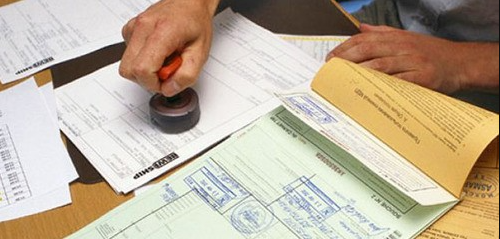
When importing cars from China, ensuring that you have the correct documentation is imperative for a smooth customs clearance process. The following documents are typically required for successful importation:
Bill of Lading
The Bill of Lading serves as a receipt for the goods being transported and outlines the terms of the shipping agreement. It is a crucial document for both the shipper and the recipient.
Commercial Invoice
A Commercial Invoice is a document that details the transaction between the buyer and seller, providing essential information about the vehicle, such as its value, description, and the terms of sale. This document is used by customs authorities to assess duties and taxes.
Certificate of Origin
The Certificate of Origin verifies the country in which the vehicle was manufactured. This document is necessary for customs clearance and helps determine any applicable tariffs and trade agreements.
Vehicle Title and Registration
The Vehicle Title and Registration documents are essential for proving ownership of the vehicle. These documents must be presented during the import process and are necessary for registering the vehicle in the Netherlands.
Customs Value Declaration
The Customs Value Declaration is a form that provides details about the value of the imported vehicle, which is used for calculating duties and taxes. Accurate declarations are essential to ensure compliance with local regulations.
Packing List
Lastly, a Packing List outlines the contents of the shipment, including details such as the number of vehicles being shipped, their specifications, and any additional items included in the shipment. This document aids in the customs inspection process.
By ensuring all necessary documentation is in order and selecting the appropriate shipping method, importing a car from China to the Netherlands can be a seamless experience. For expert assistance navigating the complexities of the import process, consider contacting Dantful International Logistics, your trusted partner in global trade.
Customs Clearance Process
Successfully importing a car from China to the Netherlands involves navigating through the customs clearance process. This can be intricate but is essential for ensuring compliance with local regulations. Here are the key steps involved:
Registering as a Car Importer in the Netherlands
Before importing a vehicle, individuals or businesses must register as a car importer with the Dutch Customs (Douane). This registration provides the necessary legal standing to import vehicles and ensures you are aware of the relevant laws and regulations. It may require submitting a registration form along with identification documents and, depending on the scale of your imports, your business registration information.
Customs Duties and Taxes
Upon arrival of the vehicle in the Netherlands, customs duties will apply based on the car’s customs value, which includes the purchase price, shipping costs, and insurance. The Dutch Customs website provides detailed information on the specific customs duty rates applicable to different types of vehicles. It is crucial to be aware of these rates to budget for the total cost of importing the vehicle.
VAT Considerations
In addition to customs duties, Value Added Tax (VAT) is typically applicable when importing vehicles. In the Netherlands, the standard VAT rate is 21%, which is calculated based on the total customs value of the vehicle. However, new vehicles or those previously registered in another EU country may have different VAT implications. It is advisable to consult the Dutch tax authority or a customs expert to understand your VAT obligations fully.
Obtaining Necessary Permits
Depending on the type of vehicle being imported, additional permits may be required. For example, if you are importing a vehicle that is not compliant with EU regulations or standards, you may need special permits or approvals before it can be registered for use on Dutch roads. Engaging with Dantful International Logistics can help facilitate the process of obtaining these permits, ensuring you comply with all legal obligations.
Vehicle Compliance and Regulations
Once the vehicle has cleared customs, it must comply with various local regulations before it can be registered and used in the Netherlands. Understanding these compliance requirements is essential for a smooth transition into the Dutch market.
European Vehicle Standards
All vehicles imported into the Netherlands must meet European vehicle standards. These standards ensure that the vehicle adheres to the necessary safety, environmental, and technical criteria set forth by the European Union. Consequently, importers must verify that the vehicle has the required European Certificate of Conformity (CoC), which certifies compliance with EU regulations.
Emissions Regulations
Emissions regulations are a critical aspect of vehicle compliance in the Netherlands. The EU has set stringent emissions standards to minimize environmental impact. Imported vehicles must meet the EU’s emission guidelines, which may involve testing the vehicle’s emissions and ensuring it adheres to the applicable Euro emissions standards. Failing to comply can result in significant fines and restrictions on the vehicle’s use.
Safety Requirements
In addition to emissions, imported vehicles must also fulfill various safety requirements, including crash test standards and equipment specifications. This may necessitate modifications or upgrades to the vehicle, such as installing specific lighting systems or safety features that comply with Dutch and EU regulations.
Modifications Needed for Dutch Roads
To ensure a safe driving experience on Dutch roads, some vehicles may require modifications before they can be registered. This includes adjusting vehicle dimensions, enhancing safety features, or installing specific equipment. For instance, vehicles must be equipped with lights that comply with Dutch traffic regulations, and any driving assistance systems must function correctly. Consulting with local experts or organizations specializing in vehicle compliance can provide valuable guidance on necessary modifications.
Engaging with professionals like Dantful International Logistics can alleviate the complexities associated with this process, providing you with expert support to ensure compliance and a smooth import experience.
Costs Involved
Understanding the costs associated with importing a car from China to the Netherlands is crucial for budgeting and planning. Several key expenses should be considered during this process:
Shipping Costs
Shipping costs are one of the most significant expenses when importing a car. These costs vary depending on the shipping method chosen—whether it be Sea Freight, Air Freight, or Rail Freight. As previously mentioned, sea freight is generally the most economical option, particularly for bulk shipments. However, if speed is a priority, air freight may be necessary, albeit at a higher cost. When calculating shipping costs, it’s essential to factor in additional expenses such as port fees, loading and unloading charges, and handling fees at the destination port. Working with a reputable freight forwarder like Dantful International Logistics can help you identify the most cost-effective shipping options tailored to your needs.
Customs Duties and Taxes
In addition to shipping costs, you’ll need to budget for customs duties and taxes when importing a vehicle. Customs duties are based on the vehicle’s customs value, which includes the purchase price, shipping costs, and insurance. The specific duty rates can vary depending on the type of vehicle, so it’s important to consult the Dutch Customs website for accurate information. Furthermore, the Value Added Tax (VAT) is applicable at a rate of 21% in the Netherlands and is calculated on the total customs value. These additional costs can add up quickly, so it’s crucial to incorporate them into your overall budget.
Compliance Modifications
To ensure that your imported vehicle meets the necessary European vehicle standards and other regulations, you may have to undertake compliance modifications. These modifications can involve upgrading safety features, adjusting emissions systems, or altering the vehicle’s lighting to comply with Dutch regulations. The costs for compliance modifications can vary widely based on the type of vehicle and the extent of the changes required. It is advisable to obtain quotes from qualified automotive specialists or workshops experienced in vehicle compliance to gain an accurate estimate of these costs.
Insurance
Lastly, insurance is another important cost factor to consider when importing a vehicle. Before the vehicle departs China, it is wise to secure marine cargo insurance to protect against potential damage or loss during transit. Once the vehicle arrives in the Netherlands, you will also need to obtain car insurance before you can legally register the vehicle for use on the roads. This insurance should include coverage for liability, collision, and comprehensive protection. The cost of insurance can vary based on factors such as the vehicle’s value, the driver’s history, and the level of coverage selected, so it’s wise to shop around for the best options.
Choosing the Right Freight Forwarder
Selecting the right freight forwarder is a critical step in the process of importing a car from China to the Netherlands. A competent freight forwarder will not only manage the logistics of shipping your vehicle but also provide valuable insights into customs clearance and compliance requirements. Here are several factors to consider when choosing a freight forwarder:
Experience and Expertise
Look for a freight forwarder with extensive experience in dealing with vehicle imports, particularly from China to Europe. The more knowledgeable the forwarder is about the intricacies of the import process, the smoother your transaction will be. Dantful International Logistics, for instance, has a wealth of experience in international logistics and can guide you through every step of the process.
Range of Services
A good freight forwarder should offer a comprehensive suite of services, including Ocean Freight, customs clearance, insurance, and compliance assistance. Having all these services under one roof can simplify the import process and provide you with peace of mind.
Reputation and Reviews
Research the freight forwarder’s reputation by reading customer reviews and testimonials. A reputable company will have a history of successful shipments and satisfied clients. Consider reaching out to previous customers to gain insights into their experiences.
Transparent Pricing
Choose a freight forwarder that provides transparent pricing and detailed quotes. Hidden fees can escalate the overall costs of importing a vehicle, so it’s essential to understand what is included in the quoted price and whether any additional charges may apply.
Communication and Support
Effective communication is essential when working with a freight forwarder. Ensure that the company is responsive and readily available to answer your questions and provide updates throughout the shipping process. This level of support can make a significant difference in alleviating concerns and ensuring a smooth import experience.
By partnering with an experienced logistics provider like Dantful International Logistics, you can streamline the process, avoid potential pitfalls, and ensure your vehicle arrives safely and on time.
Dantful International Logistics Services:
- Dantful Ocean Freight Services
- Air Freight From China
- Amazon FBA Freight Forwarding
- WAREHOUSE Services
- One-Stop Customs Clearance Solution
- Cargo Insurance Services in China
- DDP Shipping Services By Dantful Logistics
- Out of Gauge Cargo Transportation Shipping Services
Challenges and Considerations
Importing a car from China to the Netherlands can be a rewarding experience, but it also comes with its own set of challenges. Understanding these potential pitfalls is essential for a successful import process.
Language Barriers
One of the primary challenges faced by importers is language barriers. Communicating with Chinese manufacturers, shipping companies, and local authorities can be difficult if you are not fluent in Mandarin or familiar with technical terminology. Miscommunication can lead to misunderstandings regarding vehicle specifications, shipping details, and compliance requirements. To mitigate this issue, consider working with a freight forwarder or logistics provider like Dantful International Logistics, which has multilingual staff experienced in international trade.
Quality Control
Ensuring the quality of the vehicle you are importing is another critical consideration. The distance and complexity of the import process can make it challenging to verify the quality of the car before it leaves China. Without proper quality control measures, you may receive a vehicle that does not meet your expectations or has undetected issues. It’s advisable to request detailed inspections, photographs, and quality certifications from the manufacturer. Alternatively, hiring an independent inspector to assess the vehicle before shipment can provide additional peace of mind.
Potential Delays
Delays are common in international shipping and can be caused by a variety of factors, such as customs clearance issues, logistical challenges, or unforeseen circumstances like adverse weather conditions. Such delays can disrupt your timelines and lead to increased costs. To minimize the impact of delays, it’s crucial to plan your import process well in advance, allowing for extra time in your shipping schedule and maintaining open communication with your freight forwarder regarding the status of your shipment.
Dealing with Unfamiliar Regulations
Navigating the myriad of regulations governing vehicle imports can be daunting, especially if you are unfamiliar with Dutch laws and EU regulations. Non-compliance can lead to fines, vehicle confiscation, or delayed registration. To avoid these pitfalls, it is essential to thoroughly research the import regulations and seek guidance from experts in the field, such as customs brokers or freight forwarders. Dantful International Logistics can assist you in understanding and complying with all necessary regulations.
Tips for a Successful Import
To enhance your chances of a successful import, consider the following tips:
Working with Experienced Importers or Agents
Collaborating with experienced importers or agents can significantly streamline the process. These professionals bring valuable knowledge and expertise to the importation process, helping you navigate challenges effectively. They can also assist with negotiations, quality control, and understanding shipping logistics, making your experience more efficient.
Understanding All Costs Upfront
Before committing to an import, ensure you have a comprehensive understanding of all costs involved. This includes shipping fees, customs duties, taxes, compliance modifications, and insurance. By having a clear budget upfront, you can avoid unexpected expenses and make informed decisions throughout the import process.
Ensuring Vehicle Compliance Before Shipping
To prevent complications upon arrival, it’s essential to ensure that the vehicle complies with EU standards before shipping. This includes confirming that the vehicle has a Certificate of Conformity (CoC) and meets emissions and safety regulations. Addressing compliance issues before shipment can save you time and money in the long run.
Staying Informed About Changing Regulations
Import regulations can evolve over time, so it’s important to stay informed about any changes that may affect your import process. Regularly check official sources, such as the Dutch Customs website, and maintain communication with your freight forwarder to receive updates regarding any relevant regulatory changes.
FAQs
What is the average time it takes to import a car from China to the Netherlands?
The time it takes to import a car can vary based on the shipping method and any potential delays but typically ranges from 4 to 8 weeks.
Do I need to pay customs duties and taxes when importing a car?
Yes, customs duties and VAT are applicable when importing a vehicle into the Netherlands. Customs duties are calculated based on the vehicle’s customs value, and VAT is generally charged at 21%.
Can I import a used car from China?
Yes, you can import a used car from China, but it must comply with EU regulations and standards. Ensure that you have all the necessary documentation and inspections completed prior to shipping.
How can I ensure the quality of the car being imported?
You can ensure quality by requesting detailed photographs and inspection reports from the seller or hiring an independent inspector to assess the vehicle before it is shipped.
What documents do I need to import a car from China?
Key documents include a Bill of Lading, Commercial Invoice, Certificate of Origin, Vehicle Title and Registration, Customs Value Declaration, and Packing List.
References
- Dutch Customs. “Customs Procedures for Importing a Vehicle.” Dutch Customs
- European Commission. “Vehicle Type Approval.” European Vehicle Standards
- Dutch Tax Authority. “Value Added Tax (VAT) in the Netherlands.” VAT Information

Young Chiu is a seasoned logistics expert with over 15 years of experience in international freight forwarding and supply chain management. As CEO of Dantful International Logistics, Young is dedicated to providing valuable insights and practical advice to businesses navigating the complexities of global shipping.

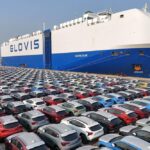

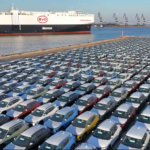


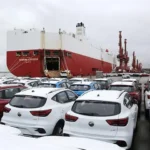




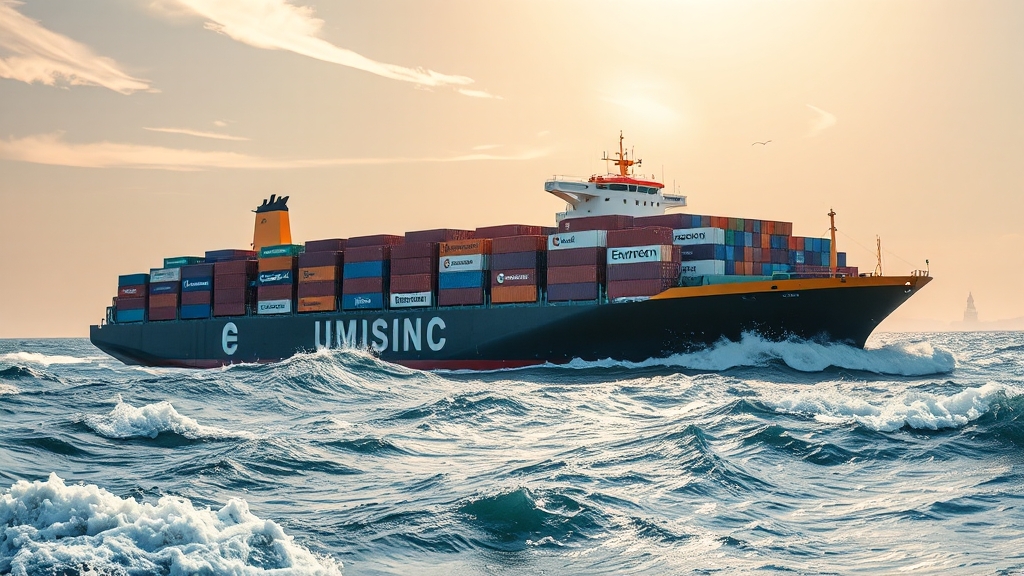
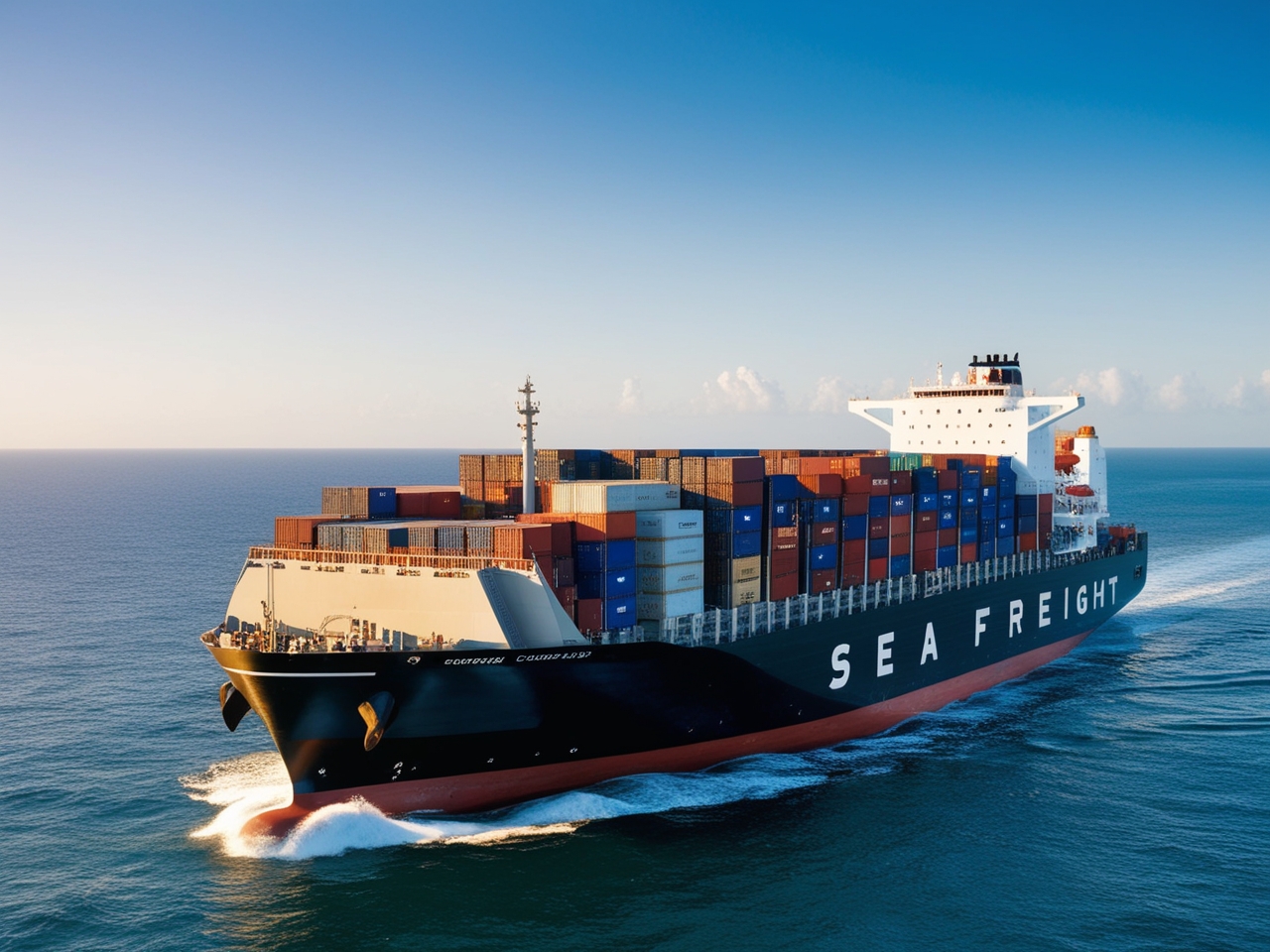
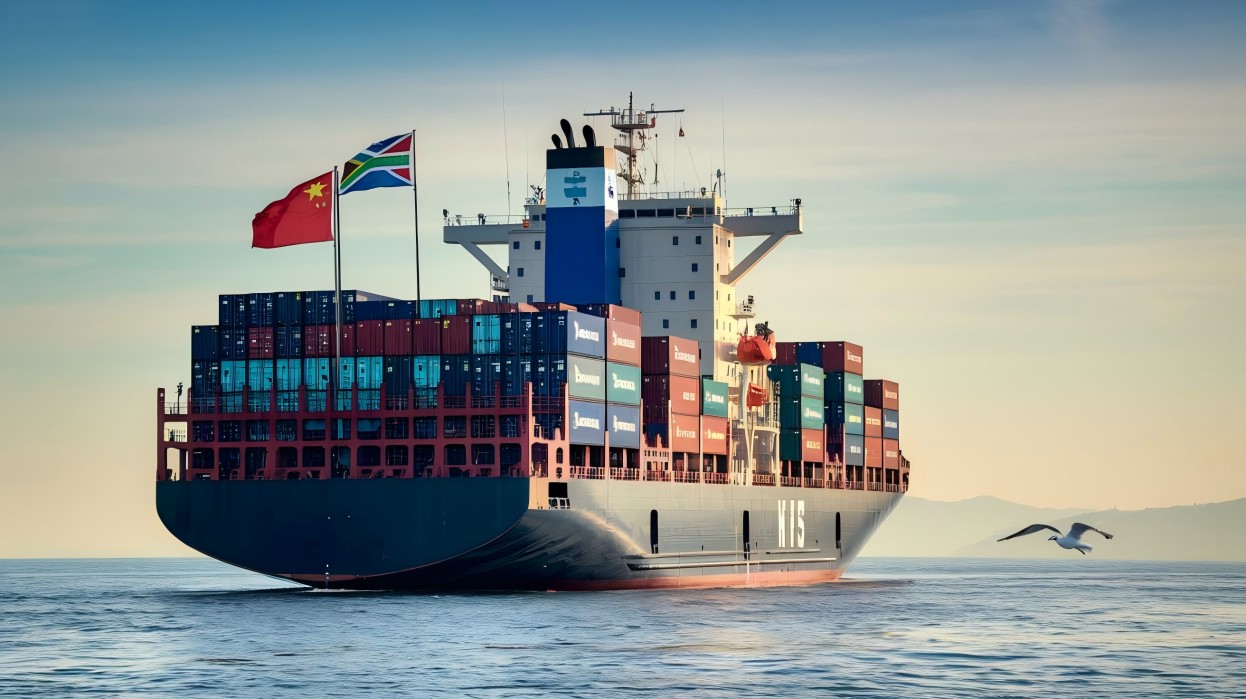
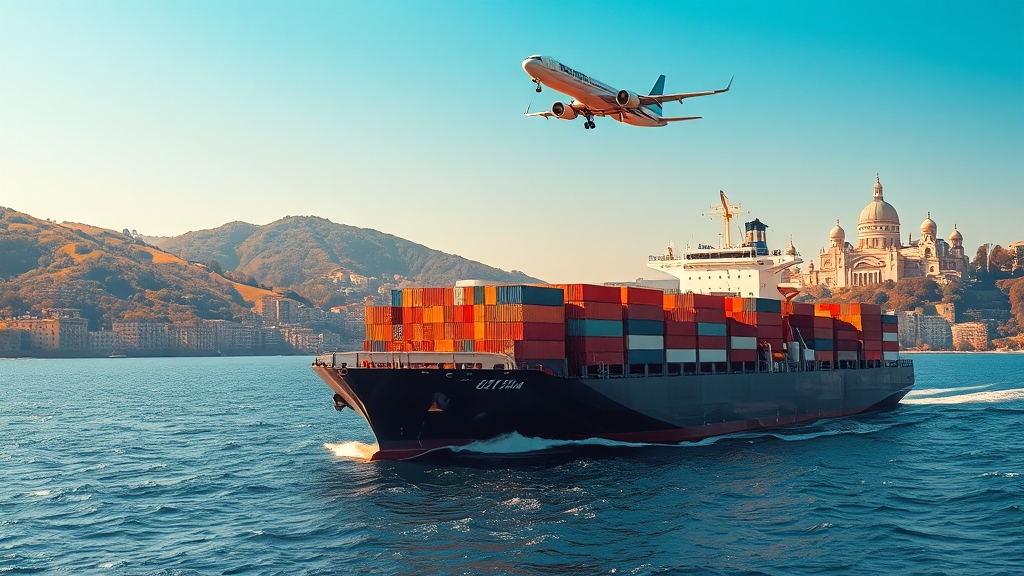
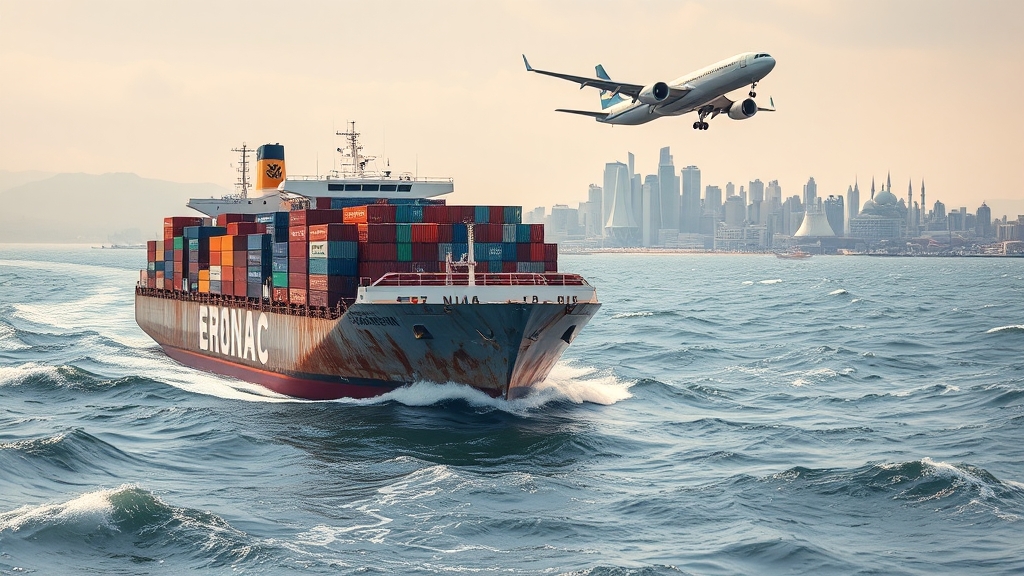





 Afrikaans
Afrikaans Shqip
Shqip አማርኛ
አማርኛ العربية
العربية Հայերեն
Հայերեն Azərbaycan dili
Azərbaycan dili Euskara
Euskara Беларуская мова
Беларуская мова বাংলা
বাংলা Bosanski
Bosanski Български
Български Català
Català Cebuano
Cebuano Chichewa
Chichewa 简体中文
简体中文 繁體中文
繁體中文 Corsu
Corsu Hrvatski
Hrvatski Čeština
Čeština Dansk
Dansk Nederlands
Nederlands English
English Esperanto
Esperanto Eesti
Eesti Filipino
Filipino Suomi
Suomi Français
Français Galego
Galego ქართული
ქართული Deutsch
Deutsch Ελληνικά
Ελληνικά Kreyol ayisyen
Kreyol ayisyen Harshen Hausa
Harshen Hausa Ōlelo Hawaiʻi
Ōlelo Hawaiʻi עִבְרִית
עִבְרִית हिन्दी
हिन्दी Hmong
Hmong Magyar
Magyar Íslenska
Íslenska Igbo
Igbo Bahasa Indonesia
Bahasa Indonesia Gaeilge
Gaeilge Italiano
Italiano 日本語
日本語 Basa Jawa
Basa Jawa ಕನ್ನಡ
ಕನ್ನಡ Қазақ тілі
Қазақ тілі ភាសាខ្មែរ
ភាសាខ្មែរ 한국어
한국어 كوردی
كوردی Кыргызча
Кыргызча ພາສາລາວ
ພາສາລາວ Latin
Latin Latviešu valoda
Latviešu valoda Lietuvių kalba
Lietuvių kalba Lëtzebuergesch
Lëtzebuergesch Македонски јазик
Македонски јазик Malagasy
Malagasy Bahasa Melayu
Bahasa Melayu മലയാളം
മലയാളം Maltese
Maltese Te Reo Māori
Te Reo Māori मराठी
मराठी Монгол
Монгол ဗမာစာ
ဗမာစာ नेपाली
नेपाली Norsk bokmål
Norsk bokmål پښتو
پښتو فارسی
فارسی Polski
Polski Português
Português ਪੰਜਾਬੀ
ਪੰਜਾਬੀ Română
Română Русский
Русский Samoan
Samoan Gàidhlig
Gàidhlig Српски језик
Српски језик Sesotho
Sesotho Shona
Shona سنڌي
سنڌي සිංහල
සිංහල Slovenčina
Slovenčina Slovenščina
Slovenščina Afsoomaali
Afsoomaali Español
Español Basa Sunda
Basa Sunda Kiswahili
Kiswahili Svenska
Svenska Тоҷикӣ
Тоҷикӣ தமிழ்
தமிழ் తెలుగు
తెలుగు ไทย
ไทย Türkçe
Türkçe Українська
Українська اردو
اردو O‘zbekcha
O‘zbekcha Tiếng Việt
Tiếng Việt Cymraeg
Cymraeg יידיש
יידיש Yorùbá
Yorùbá Zulu
Zulu